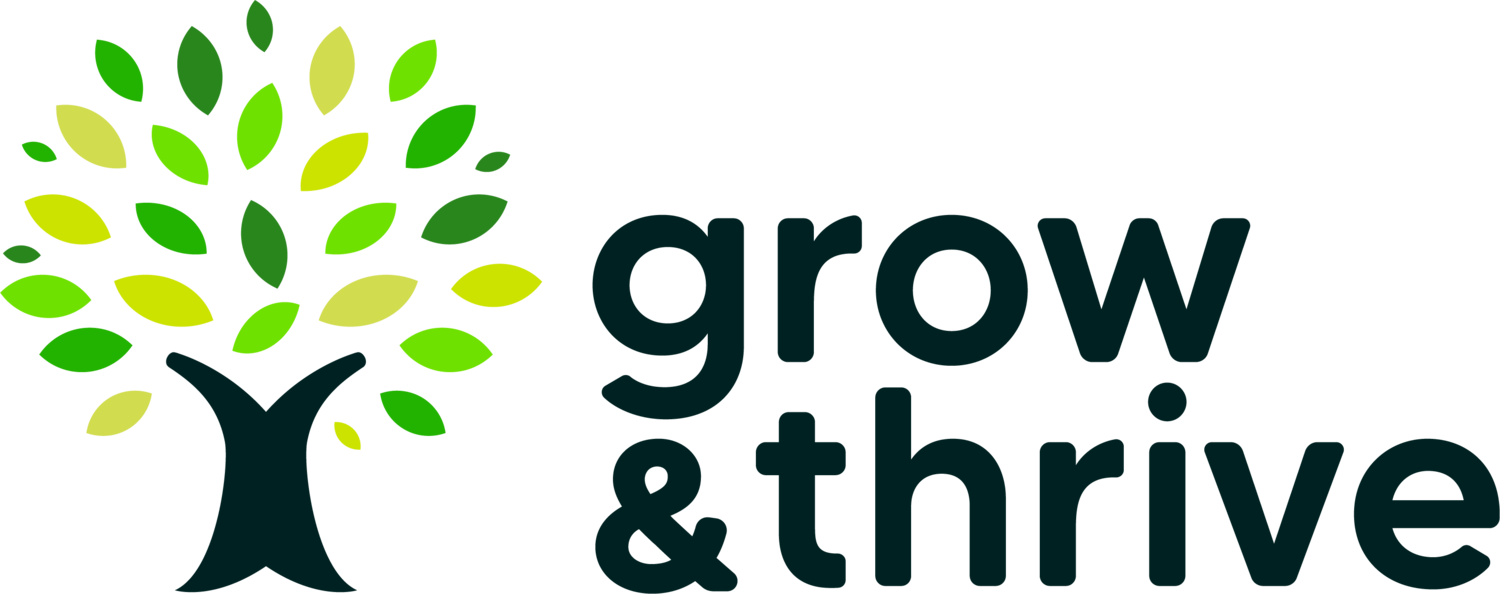Speech & Language Therapy for kids with social communication difficulties
Does your child:
Find it hard to figure out social situations and what is expected;
Seem to not tune into social cues, so misjudges other people's responses;
Say that they feel like they just don't fit in no matter how hard they try;
Want to socialise and have friends but often misses the mark when they try to initiate communication;
Work/play well by themselves but struggle when they need to join with peers;
Often seem unaware that others have different thoughts and feelings;
Get upset/surprised at the consequences of situations as they had not been able to guess what might realistically happen;
Opt out of social situations because they just feel too hard;
Find it hard to see past the rules that they have gathered together to understand the world, meaning that the they struggle to cope when a rule doesn't seem to apply or isn't followed properly
Blend in at school as a "model pupil" but underneath is desperately trying to figure out the right way to behave (the Swan effect);
Fixate on one solution to a problem even if it is not working;
Explode at home where the strain of "keeping up the facade" gets too much.
There are lots of ways to label these difficulties, but I'm going to refer to them broadly as "Social Thinking difficulties". And if you have a young person struggling with some of these areas, you will know for yourself the massive impact that it can have on them and the whole family.
An approach I love is is Social Thinking devised by Michelle Garcia Winner of www.socialthinking.com.
"Social Thinking is what we do when we share space with others and when sending an email, sitting in a classroom, lining up at the grocery store, reading a work of fiction, watching a funny video clip, participating in a business meeting, driving in traffic, and a host of other daily activities that involve our social interpretation and related reactions. We consider the context; take in the thoughts, emotions and intentions of the people with whom we are interacting and use that information to determine how we respond. How we think about people affects how we behave, which in turn affects how others respond to us, which in turn affects our own emotional internal and external responses. It's an incredibly complex process that most of us take for granted." Michelle Garcia Winner - www.socialthinking.com
Building Social Thinking is positive, tailored and empowering and one of my favourite tools in my "One Size Doesn't Fit All" toolbox. It builds deep rooted skills that your young person will be able to take forward into adulthood. It is definitely not about trying to change anyone, rather it's about stocking the toolbox with skills and strategies that can be used when needed - not forcing everyone to use the same spanner the whole time!
Photo by Daren flickr.com
** (Formal labels may include #Aspergers, #High-functioning Autism, #Pragmatic Language Impairment (PLI), #Autism Spectrum Disorder (#ASD), #Social Communication difficulties, #Social Cognitive Challenges, #learning difficulty, #learningdisability etc. Your young person may also be described as "shy", "socially immature" etc.)

